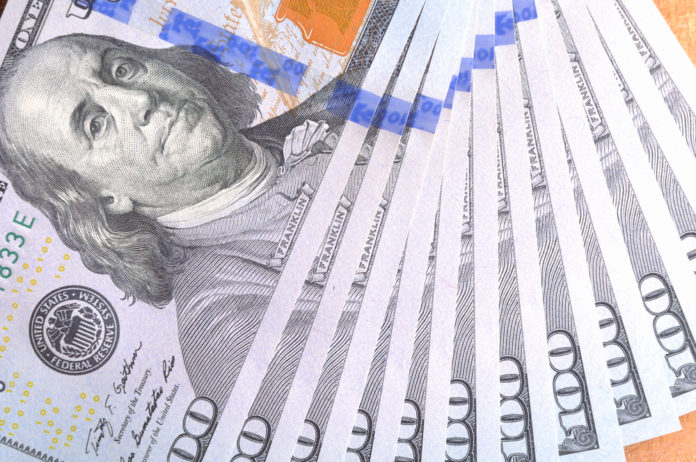Legal marijuana sales are supposed to help increase tax revenue. Right?
Advocates for legalizing marijuana have cited increased tax revenue as a major reason for reforming laws. In Colorado, the new revenues have been used to address many issues including homelessness, education, and infrastructure projects. California voters recently passed Prop. 64 on November 8, legalizing the use of recreational marijuana, which is expected to bring in massive tax revenue in the long term. However, due to a technicality in the ballot’s language, marijuana tax revenue may actually plummet in 2017.
Starting in January of 2018, medical and recreational sales will face a 15% excise tax. An additional state sales tax ranging from 7.5% to 10% will also be placed on recreational sales. Medical marijuana patients will be exempt from the state sales tax.
Prop. 64 did not specify when the medical tax exemption would begin. As a result, the State Board of Equalization ruled that the sales tax exemption for medical transactions must begin immediately. According to California’s state constitution, ballot measures take effect on midnight of Election Day unless otherwise specified in the ballot’s text, which means in effect that no medical marijuana taxes will be collected in California in 2017.
This seems to be an unintended consequence of Prop. 64. “We strongly disagree with any interpretation of the measure that comes to the bizarre conclusion that medical marijuana patients are somehow immediately exempt from the state sales and use tax before the excise tax takes effect,” said Jason Kinney, spokesman for the Yes on 64 campaign.
Government officials also seemed surprised that California could potentially lose the tax revenue. “It was our understanding and belief, as well as the drafters [of Proposition 64], that once the excise tax kicked in starting in 2018 for recreational users, only then would there be a break, a sales tax exemption, for medicinal card holders so they would be more able to afford medical cannabis,” said Fiona Ma, chairwoman of the Board of Equalization.
According to the SF Chronicle, the lost tax revenue for 2017 will total $49.5 billion dollars.
“We are looking at a legislative fix but also have a request in to the Attorney General to give a more definitive ruling,” Ma said.
California Governor Jerry Brown and state Attorney General Kamala Harris have yet to comment publicly on the situation.










